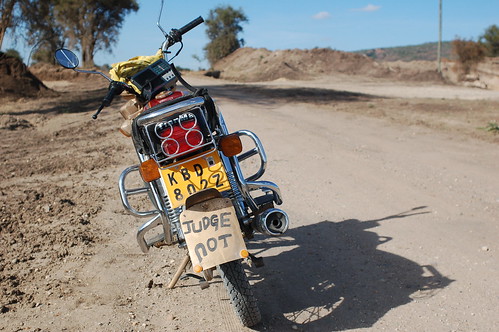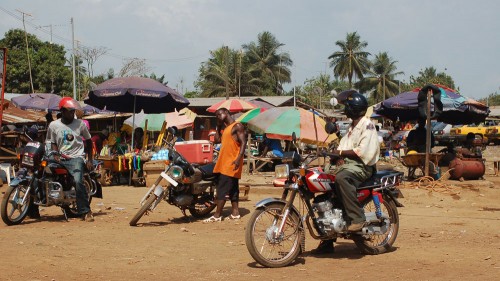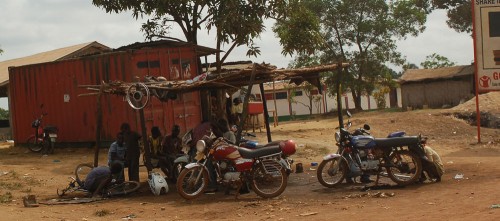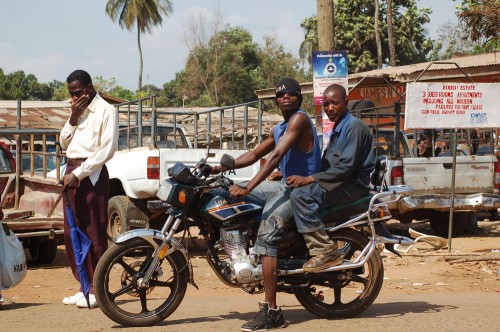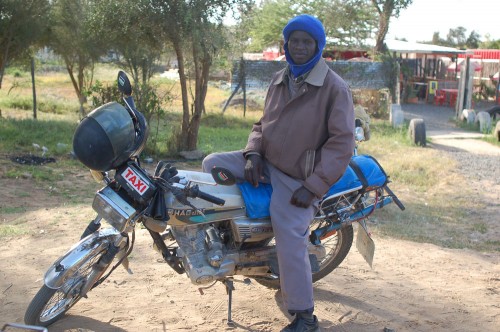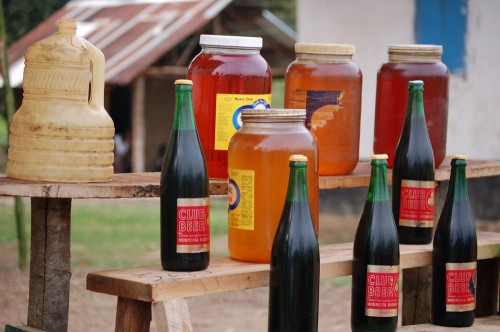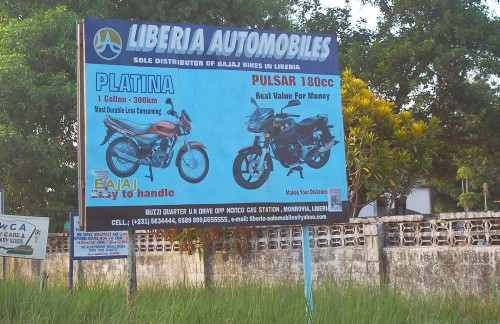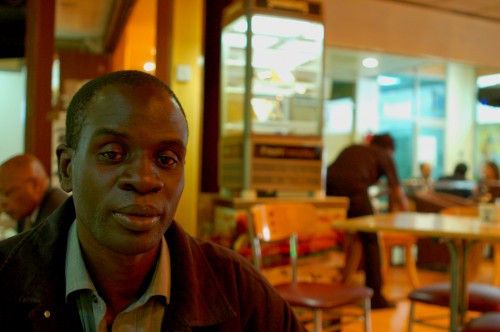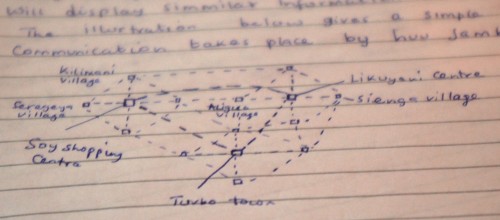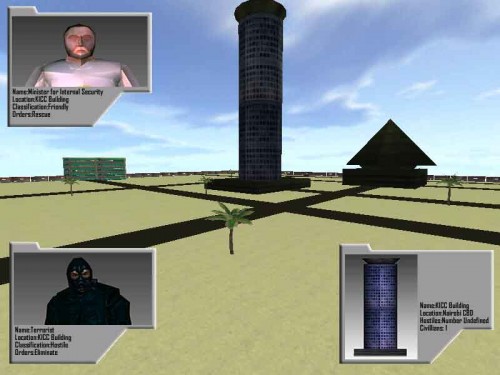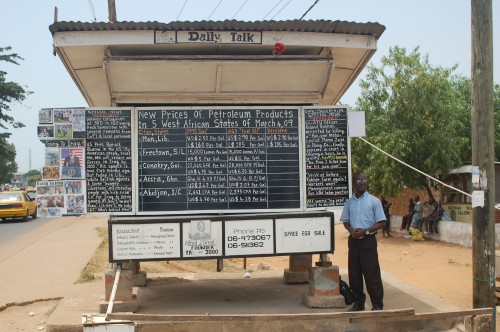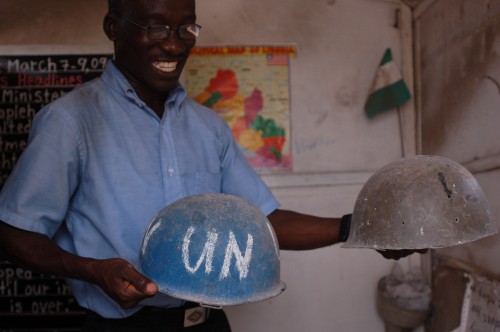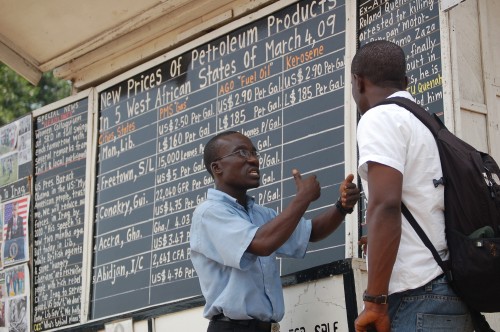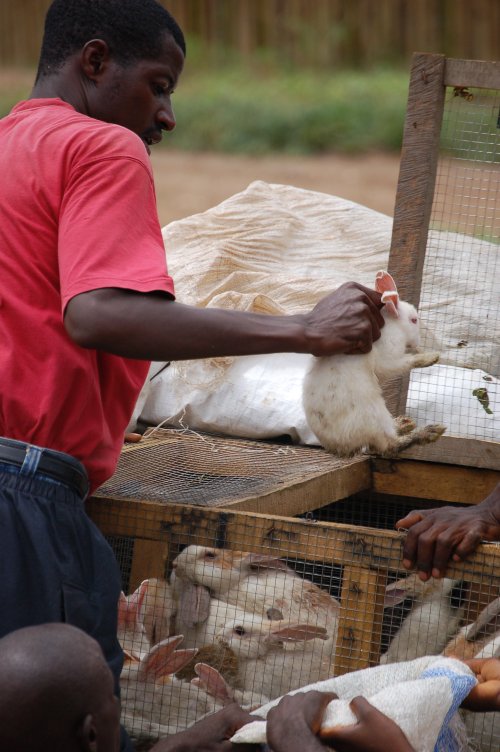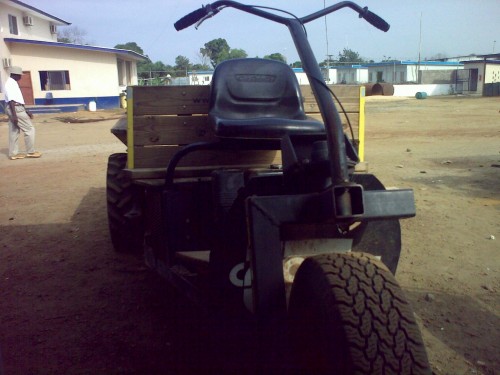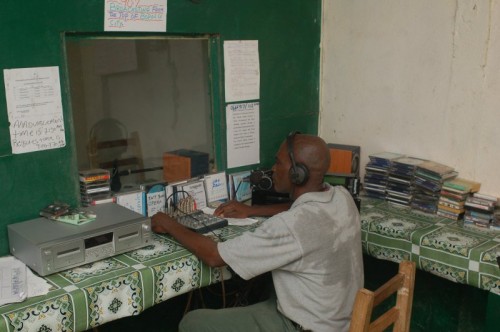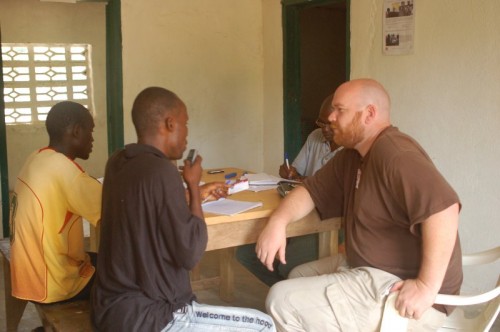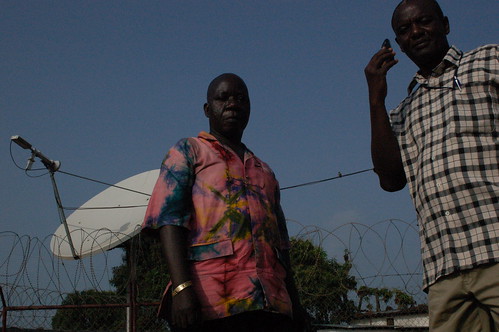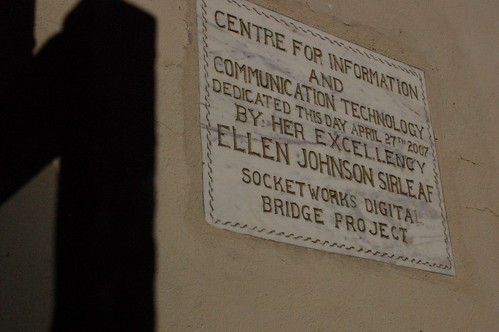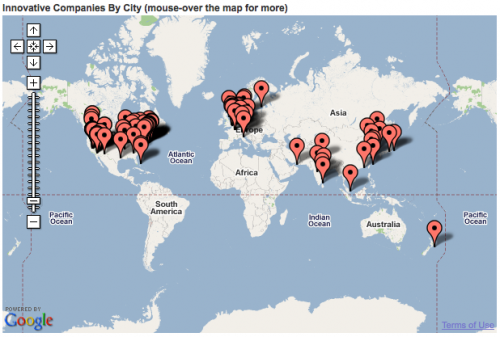“Piki piki” is motorcycle in Swahili. That’s how I think of them, it’s what my daughters call them, and it’s what I want to write about today even though it has nothing to do with African tech… 🙂
The Rise of the Motorcycle Taxi in Africa
There has been a massive increase in the number of motorcycles in Africa over the last couple years. As an example, the story I got from more than one source in Liberia last month was that a year ago there were only a few motorcycles on the road. Now the country is covered with thousands of “peen peen’s”, their local motorcycle taxis.
As I travel, I like to test out the local motorcycles. Usually this means me finding a local motorcycle taxi driver and renting the bike off of him. It’s questionable whether a guy my size is going to fit onto the back of one of these 125cc cheap Indian and Chinese bikes. Plus, most of the drivers are horrible and there’s no way I’m putting my life in his hands. Here is a video of me testing out a “boda boda” in Kenya, and in the middle (1:38) of this Liberia video I test a “peen peen” out briefly.
The Business Side
Whenever I’m in a new country, I take the time to sit down and talk to the local motorcyclists. I’m curious as to when the bikes started showing up in numbers, how much they cost, and how much they charge to drive people around. I’ve started to wonder if it’s the same Indian and Chinese suppliers all over the continent, since you can buy the same models from Kenya to Liberia with the same average pricing of $500 – $1500. You know when someone has some money, since they ride a Yamaha, Honda or some other Japanese motorcycle.
On the business side, the motorcycle is bought by an entrepreneur who has some capital, who then rents it out to a taxi driver who pays him a daily rent on the bike. Anything he makes above rent, he keeps, and then one day a week (Saturday) he doesn’t pay any rent and keeps all the profits. Meanwhile, the owner has to cover maintenance, insurance and registration costs, fuel costs are covered by the driver. The owner’s goal is to get a small fleet of 4-10 motorcycle taxis on the road.
Here’s a breakdown for one owner/driver in Liberia:
- “Nafa” Chinese motorcycle cost: $750
- Daily driver revenue (avg): $22
- Daily driver rent: $8
- Daily driver fuel costs: $3
- Daily driver profit (avg): $11
Maintenance and Modding
I’m also intrigued by how they keep them running and how they get modded by the riders. Sometimes you’ll see radios strapped to the handlebars, stickers, signs and tassles. Helmets, when worn, are a hodgepodge of any type of hard head covering that can be found, from construction to racing helmets, they’re all there.
In West Africa, fueling is done via roadside stalls that sell gasoline by the jar or bottle. In East Africa they generally get filled at normal stations or via drums in the more rural areas.

